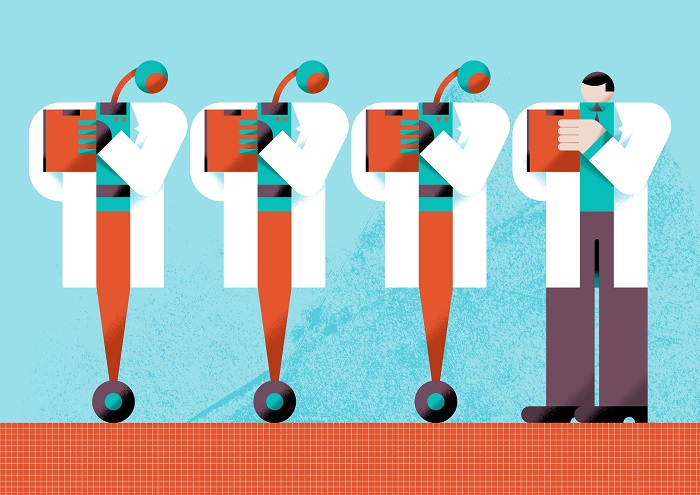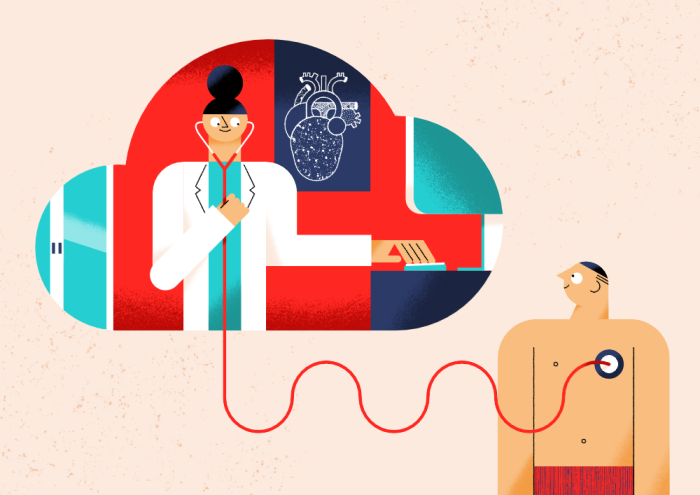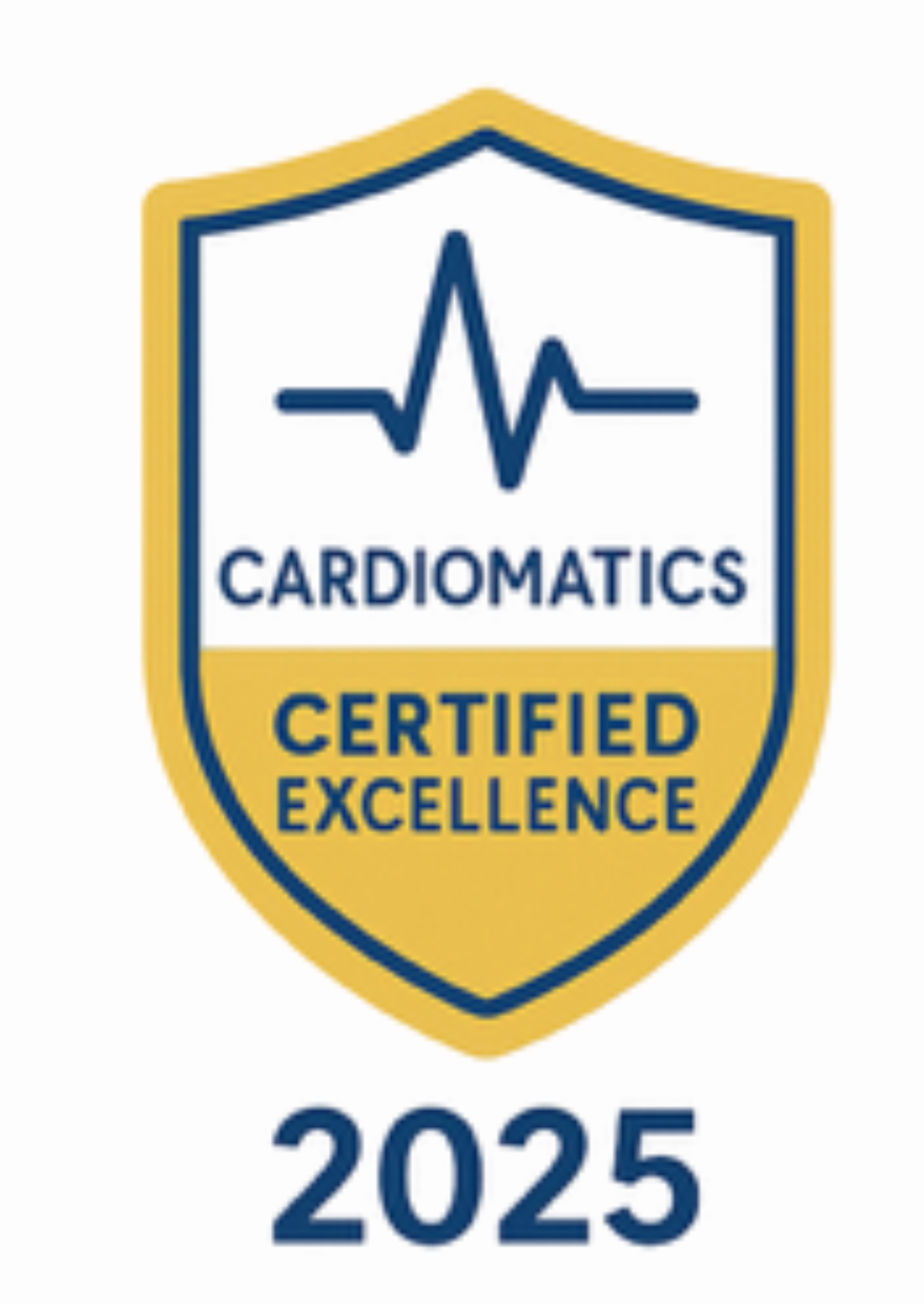Artificial intelligence (AI) is transforming cardiology by automating ECG signal analysis, addressing challenges worsened by cardiovascular diseases and the pandemic. Manual analysis of Holter monitor ECG tests is time-consuming and demands expertise, leading to a backlog in heart care. AI algorithms, like those in Cardiomatics software, analyze signals swiftly and accurately, reducing analysis time by up to 80%. With just four clicks, doctors receive reports for interpretation and treatment planning. PZU Zdrowie’s collaboration with Cardiomatics highlights the growing trust in AI solutions to enhance medical care.
Cardiac resynchronization therapy (CRT) holds promise for heart failure patients, but not all respond equally. Collaborating with the Medical University of Warsaw, we developed an AI algorithm to detect ineffective CRT pacing, potentially improving patient care. Our study involving 541 patients showed high sensitivity and precision in identifying effective CRT stimulation. Published in the Journal of Cardiovascular Development and Disease, our findings offer promising implications for optimizing CRT settings and enhancing patient outcomes.
Cloud Computing is a major trend in the context of IT. This technology comes with major advantages that have helped its penetration in various sectors of the economy. In healthcare too cloud technology is on the advance. The COVID-19 crisis with positive examples of its application has added thrust. Germany, with its legacy of reluctance to embrace the cloud due to data privacy considerations, is also witnessing significant progress.




